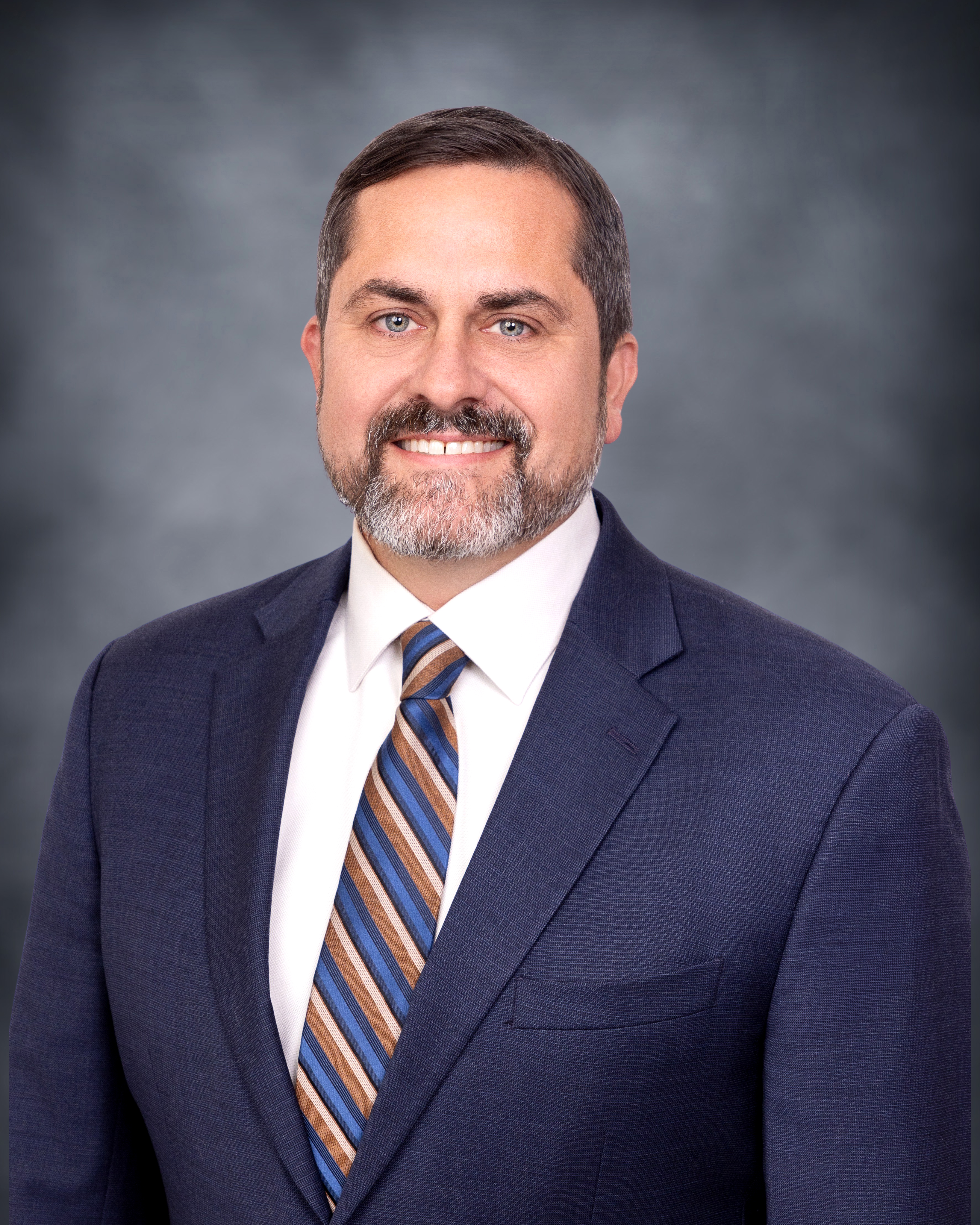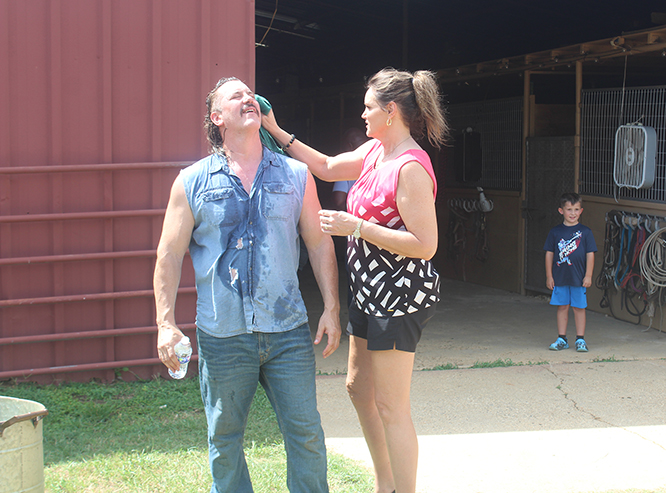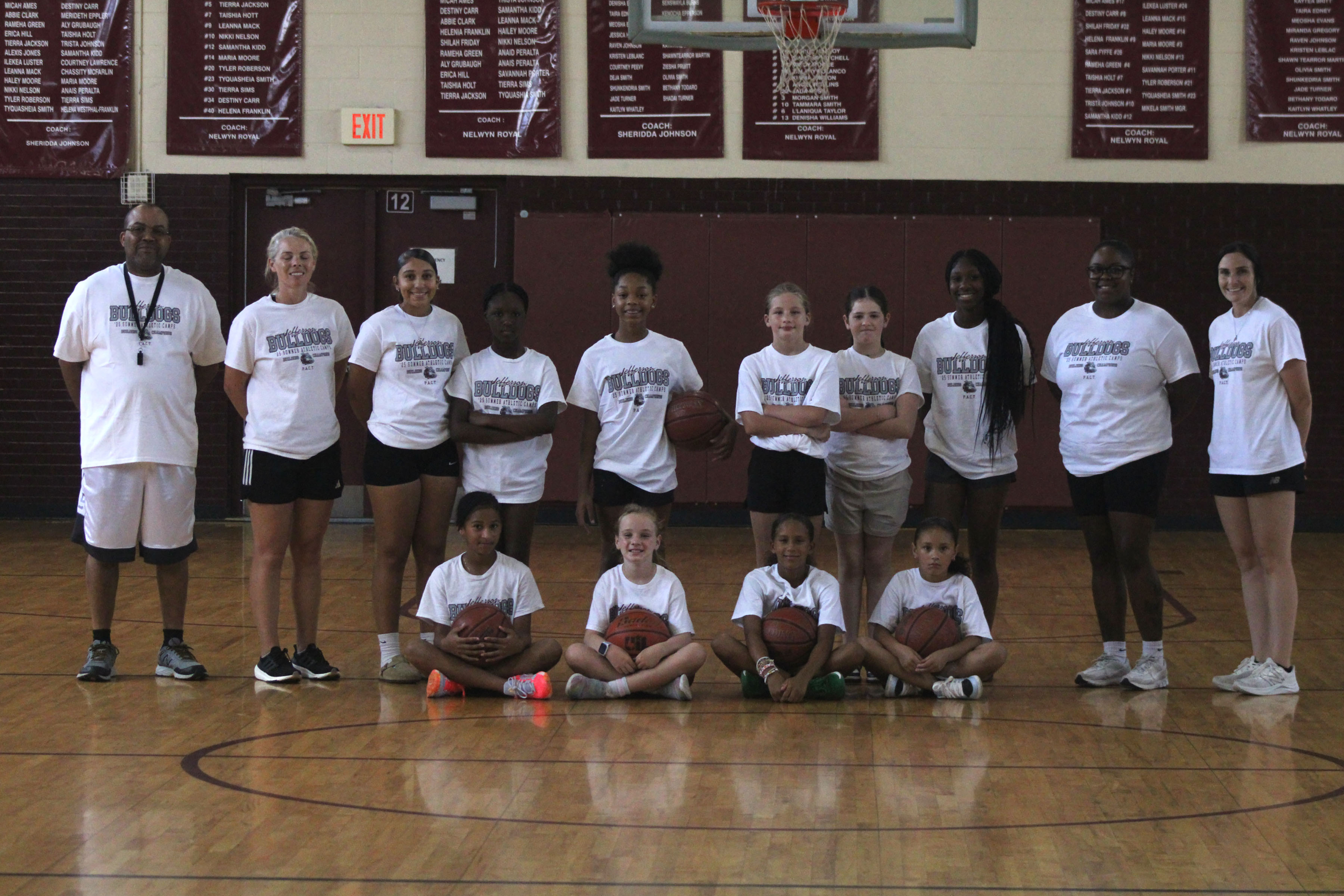Heads Up, Texas: UIL changes are here
Published 1:46 pm Wednesday, July 23, 2025
Across Texas, extracurricular activities play a vital role in shaping students’ experiences, both on and off the field, on and off the stage, and in the classroom. These programs do more than enrich education; they help build character, teach teamwork, and bring communities together. As we look ahead to the 2025–2026 school year, two recently passed laws, Senate Bill 401 and Senate Bill 2929, will introduce meaningful changes to how students participate in UIL activities and how school officials handle spectator behavior at events.
The Texas Legislature passed both bills, which will impact public schools across the state. While each district needs to make local decisions on how to implement these changes, families and communities statewide should be aware of what’s ahead.
Expanded UIL Participation for Non-Enrolled Students (SB 401)
Trending
Senate Bill 401 mandates that Texas public schools participating in University Interscholastic League (UIL) activities allow homeschoolers to participate in these activities. Districts could previously opt in and allow access to UIL activities for homeschooled students; now, unless a school board formally adopts a policy to opt out, participation must be granted.
This change aligns with broader statewide efforts by lawmakers to increase educational choice. Students seeking to participate will do so at the neighborhood school they are zoned to attend based on residence, unless that school has opted out. In that case, the student may register at the geographically nearest school that allows participation.
Supporters of the law point to the benefits of inclusivity, which provides homeschool students the opportunity to engage in athletics, fine arts, and academic competitions, while helping schools maintain or expand their existing programs. At the same time, Texas public school districts will face several concerns, including tracking student-athlete eligibility, maintaining consistent conduct standards, and managing schedules and resources for students who may not be present during the regular school day.
Local school boards across Texas will weigh the potential benefits and logistical challenges and decide whether to participate fully or opt out.
Strengthening Event Safety and Spectator Conduct (SB 2929)
The second law, Senate Bill 2929, addresses an issue many educators and athletic officials have faced in recent years: disruptive spectator behavior at school events. Starting this fall, UIL officials, including referees and judges, will have the authority to immediately remove spectators who misbehave without issuing a verbal warning.
Trending
This change expands the existing authority that already allows school administrators to remove spectators and is designed to help maintain safety and decorum at extracurricular events. Almost all spectators at school events are respectful and supportive of the participants, coaches, and officials. However, in some unfortunate cases, misconduct by unruly fans can escalate quickly and jeopardize the integrity of the event or the safety of those present.
Granting event officials the ability to take immediate action supports a safer environment. It sends a unified message from officials and school administrators about the importance of sportsmanship and mutual respect. Of course, with this new authority comes the responsibility to enforce it consistently and fairly. Schools may need to review their policies, provide training, and collaborate with local safety personnel to ensure the effective implementation of these measures.
When implementing both new laws, school districts must emphasize fairness and consistency to ensure UIL activities continue to uphold the principles of integrity, sportsmanship, and community trust. Achieving this will require establishing clear local policies, providing thorough training for staff and event officials, and actively communicating expectations to students, families, and the broader community.
Bio-
Dr. Enos is a Texas Superintendent and is the Chairman of the Texas Rural Education Association Legislative Committee. He is a strong advocate for public schools in Texas.







